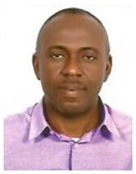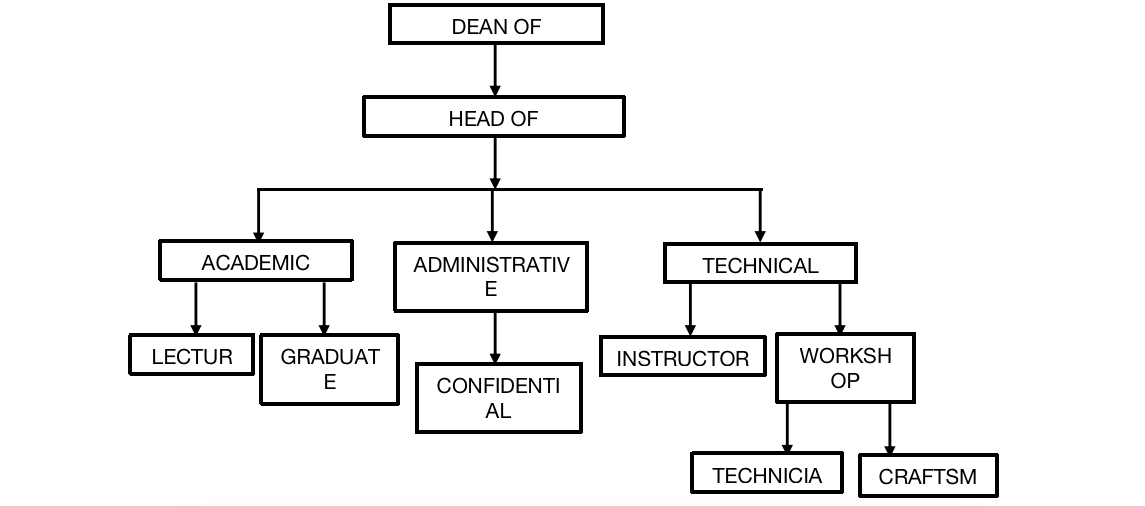There are prospects for the department through the Workshop in a number of areas as follows, if the necessary provisions are made:
1. Training of Tractor Drivers– The Workshop has one of the most capable tractor operators in Rivers State who was trained during the School-To-Land Programme era of the Rivers State Government. With at least two (2) tractors and two (2) other tractor operators to be recruited, the department can institutionalize Consultancy in Training of Tractor Drivers.
2. Tractor and Automobile Maintenance– The Workshop has a service pit, the only one in the whole university. There are auto-mechanic tool boxes and other accessories. Again, the only mechanic is very skilled in both tractors and automobile maintenance. If four (4) other mechanics (two diesel and two auto-mobile) are employed, the department through the workshop can in addition to teaching and research, run consultancy services in this area – that is, maintenance and repairs.
3.Tractor Services – Given the right provisions, that is, dependable new tractors, at least three – one for departmental uses and two for external purposes, the department can run tractor consultancy or hiring services such as maintenance of lawns, slashing of oil pipeline surroundings, land preparation (tillage operations), soil remediation services, and so on. It is noteworthy that the department, through the Workshop had rendered these services in the past when there were good tractors and implements.
- Fabrication of Small Farm Machines– In times past, when the Workshop had welders, machinists and correspondingly good machines, the Workshop was a mini-fabrication hub. Lecturers and students with designs of machines that needed fabrication did so conveniently in the Workshop. Deterioration had set in with time; but this can be reversed if the required attention in terms of equipment and personnel is given. Small farm machines can be fabricated at the Workshop with proper funding.
5. Support Services for the University Farm– In times past, the Workshop had artisans of various kinds including carpenters, electricians, plumbers, welders, machinists, and so on. So, the Workshop used to perform support services for the Farm such as land preparation, maintenance of the feed mill, maintenance of electrical installations, plumbing works and maintenance, and so on. The Workshop can re-enact this feat if the appropriate personnel, equipment and funding needs are provided.


